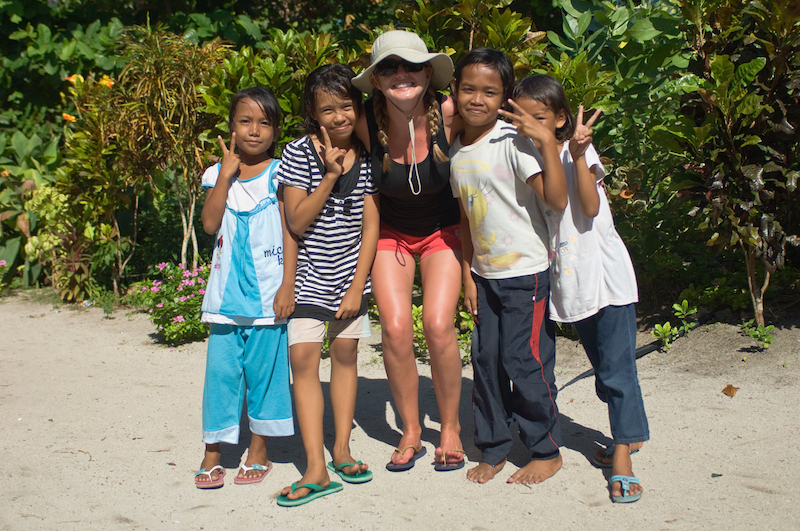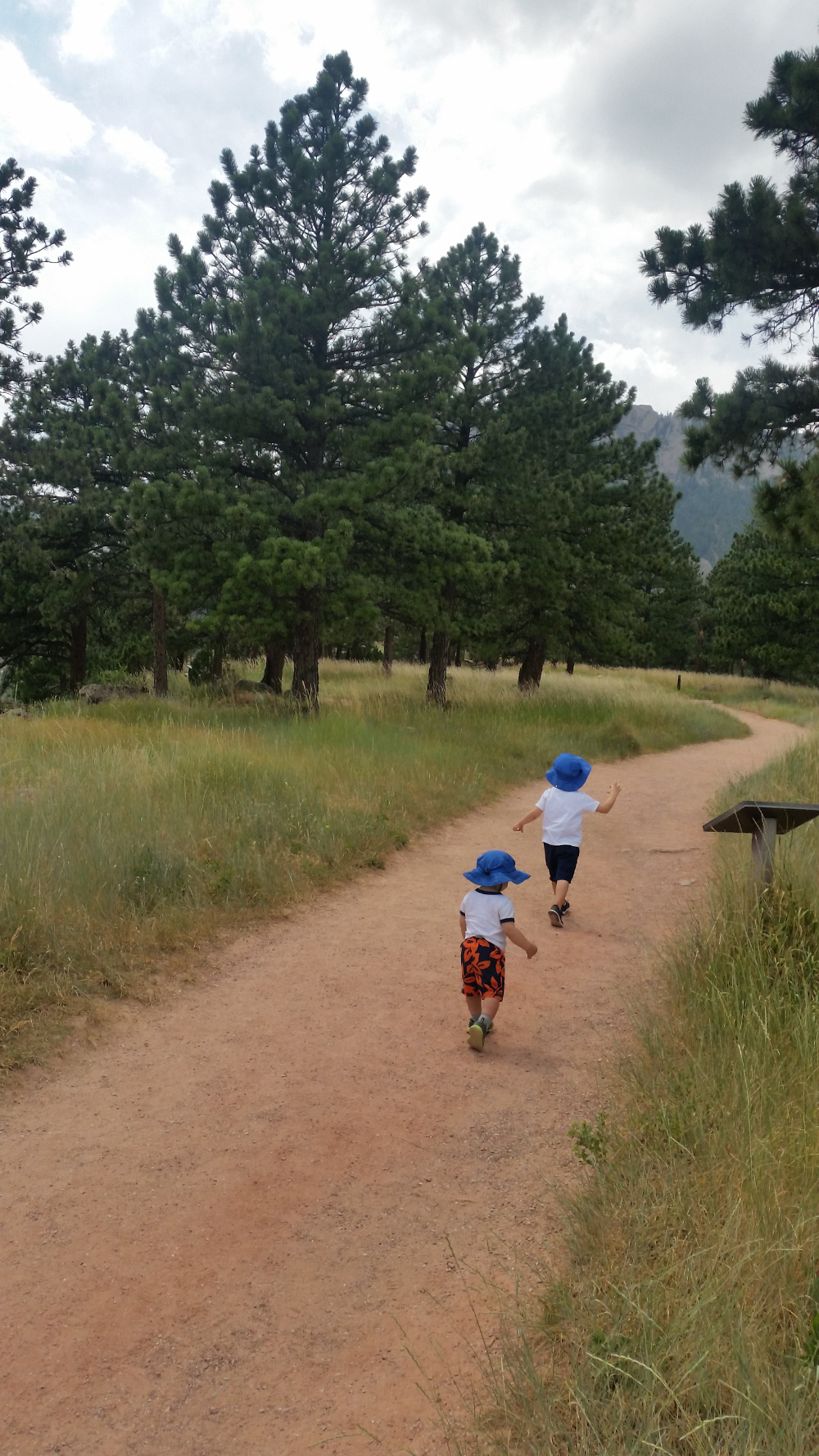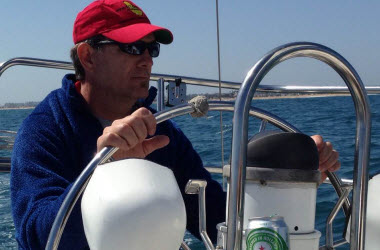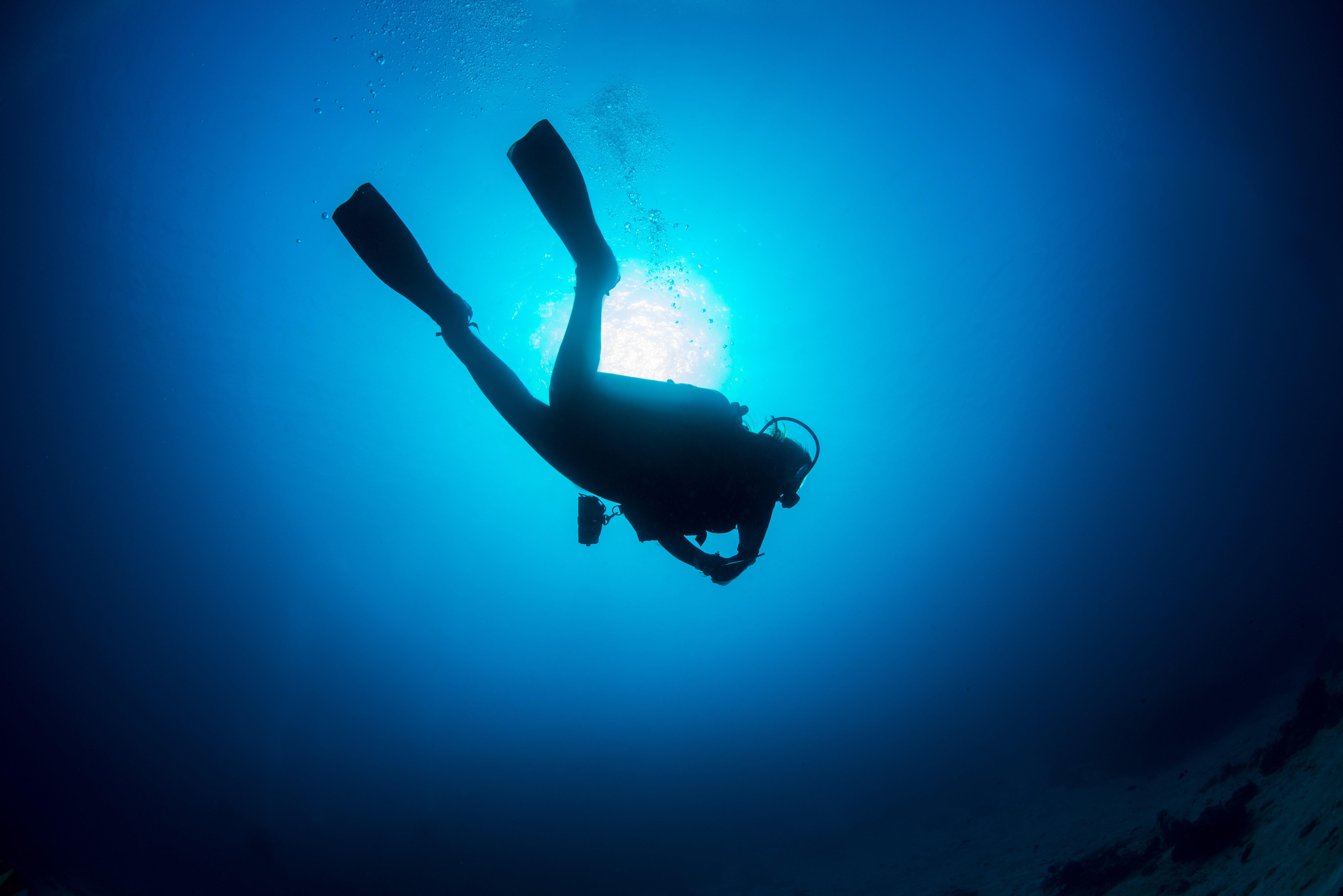August 02, 2016
The ocean has played an important role in my life. A short 2 hour drive from my childhood home in Oregon, I spent many weekends combing the beach for seashells, digging for clams, and pulling up crab pots from the sea. As an adult, I stayed close to the coast, venturing down to the sunny, and warmer waters of Southern California.  The ocean became my place of refuge, my temporary office, a playground for my daughters, and a source of inspiration. While living in Encinitas, California, I quickly became involved in the local activism to protect the ocean. I organized beach cleanups with The Surfrider Foundation, San Elijo Lagoon Conservancy, and REI. I took courses at the local community college and learned why the San Diego coastline is slowly disappearing. I became an ocean advocate and began sharing my love of the sea with my children. We brought along a trash bag and collected debris each time we took a walk along the beach, knowing that our efforts were making a difference.
The ocean became my place of refuge, my temporary office, a playground for my daughters, and a source of inspiration. While living in Encinitas, California, I quickly became involved in the local activism to protect the ocean. I organized beach cleanups with The Surfrider Foundation, San Elijo Lagoon Conservancy, and REI. I took courses at the local community college and learned why the San Diego coastline is slowly disappearing. I became an ocean advocate and began sharing my love of the sea with my children. We brought along a trash bag and collected debris each time we took a walk along the beach, knowing that our efforts were making a difference.

It wasn’t until I relocated to Colorado that I began to think about my relationship with the ocean and its impact on me. I missed the sound of the surf, the smell of the saltwater, and the sand between my toes. I began to dream of the ocean. I had been fortunate to live near the sea and experience it firsthand. Now that I have to hop on a plane to reach its shores, I value it even more and strive to continue my activism from afar.
I began to meet children, and some adults, that had never seen the ocean. They had no personal connection to this beautiful and necessary part of the world and therefore didn’t clearly know how their actions in middle America were having an effect. This is where ocean literacy comes into the picture. Understanding how our actions either positively or negatively affect the ocean, and why that is so important, is critical to protecting our most precious resource. There are many opportunities to learn about the ocean and get involved with protecting it, even from Colorado! Getting your kids involved with ocean literacy through Ocean First Education’s online marine education program provides an excellent platform to learn. There are also nonprofit organizations that teach marine science to kids, such as Ocean First Institute and their Explorers Club. Another great way to learn about the ocean is to immerse yourself in the world of scuba diving. Ocean First has an amazing scuba training program that incorporates opportunities to learn about marine life around the globe.



